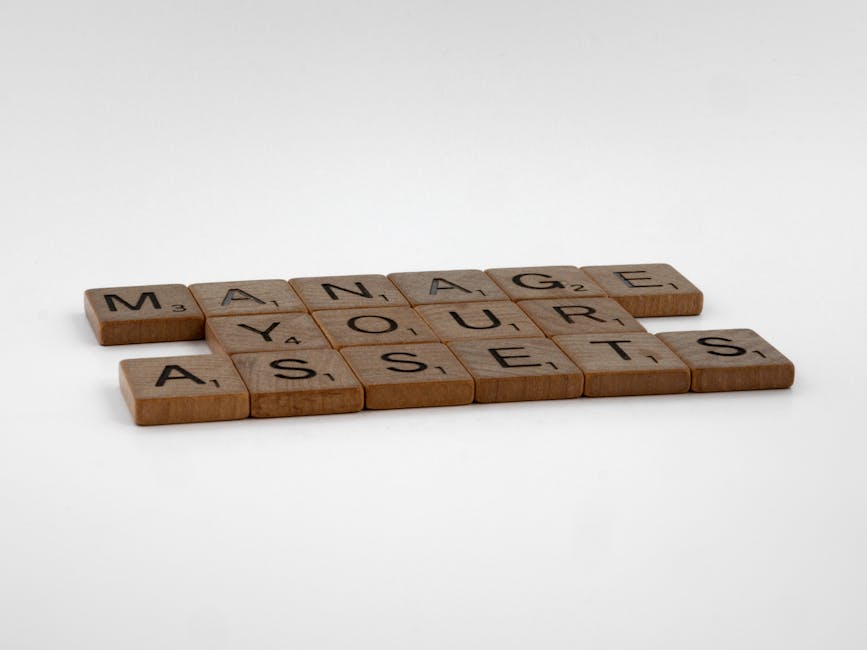Credit scores play a vital role in our financial lives, influencing our ability to secure loans, rent apartments, and even obtain certain jobs. A low credit score can make these things more difficult and expensive, while a good credit score opens doors to better financial opportunities. If you're looking to repair your credit, it's important to understand the process and take the necessary steps to improve your financial standing.
The first step in repairing your credit is to obtain a copy of your credit report from each of the three major credit bureaus: Equifax, Experian, and TransUnion. Review your reports carefully, looking for any errors or inaccuracies. Disputing any errors you find can potentially remove negative marks from your report, thereby improving your score.
Next, create a budget and stick to it. A consistent payment history is crucial for building good credit. Make sure you pay all your bills on time, including credit card payments, loan installments, and utility bills. Even small, consistent payments can demonstrate responsible financial behavior and positively impact your credit score.
If you have outstanding debts, prioritize paying them down strategically. Focus on high-interest debts first, as these can accumulate quickly and significantly impact your credit utilization ratio. Consider consolidating your debts into a single loan with a lower interest rate to simplify payments and save money.
Credit utilization refers to the amount of credit you're using compared to your available credit. Keeping your credit utilization low is essential for maintaining a healthy credit score. Aim to keep your credit utilization below 30%, and ideally below 10%, to demonstrate responsible credit management.
Avoid opening multiple new credit accounts in a short period, as this can be seen as a red flag by lenders and negatively affect your score. Only apply for new credit when you genuinely need it and are confident you can manage the payments responsibly.
Building good credit takes time and patience. There are no quick fixes or overnight solutions. Be persistent in your efforts, and continue making responsible financial decisions. Over time, your consistent positive behavior will be reflected in your credit score.
By following these steps and remaining committed to responsible financial practices, you can repair your credit score and improve your overall financial well-being. A good credit score can open doors to numerous opportunities, making it easier to achieve your financial goals and secure a brighter financial future.

